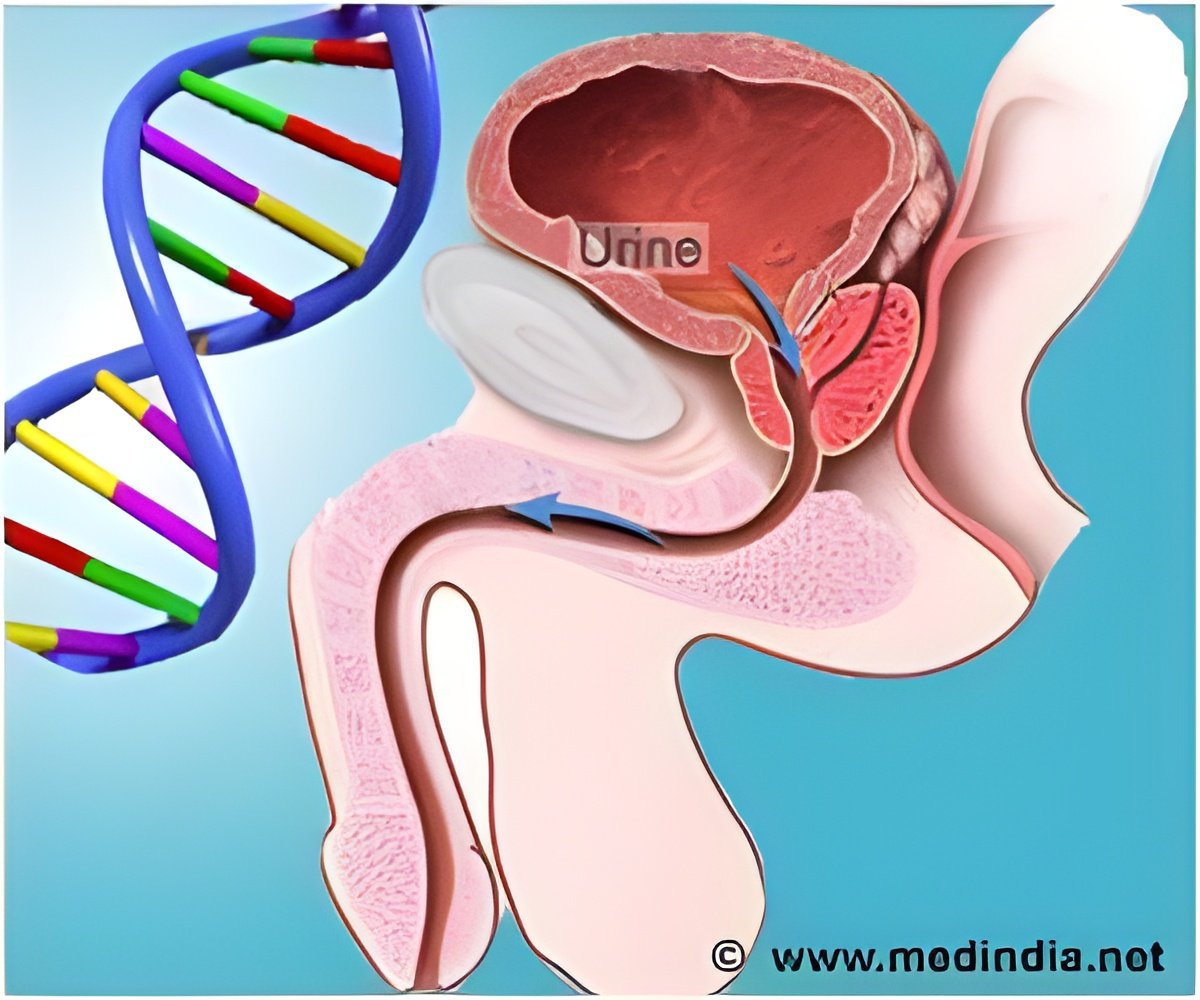
"We have identified a new direction for cancer therapy and the new direction is leading us to a reduction in toxicity in cancer therapy, compared with chemotherapy or radiation therapy," said Dr. Zhang, assistant professor, Department of Pharmacology at the School of Medicine, and member of the university's Case Comprehensive Cancer Center.
"With this discovery, scientists could stop the proliferation of cancer cells, allowing physicians time to fix cells and genetic errors," the researcher stated.
While studying the basic mechanisms for genome integrity, Dr. Zhang's team unexpectedly discovered an active mutant form of human Chk1, which is also a non-natural form of this gene. This mutation changed the protein conformation of Chk1 from the inactive form into an active form.
Remarkably, the research team discovered that when expressed in cancer cells, this active mutant form of Chk1 permanently stopped cancer cell proliferation and caused cell death in petri dishes even without the addition of any chemotherapeutic drugs.
The biggest advantage of this potential strategy is that no toxic chemotherapeutic drug is needed to achieve the same cancer killing effect used with a combination of Chk1 inhibitors and chemotherapeutic drugs.
Advertisement














